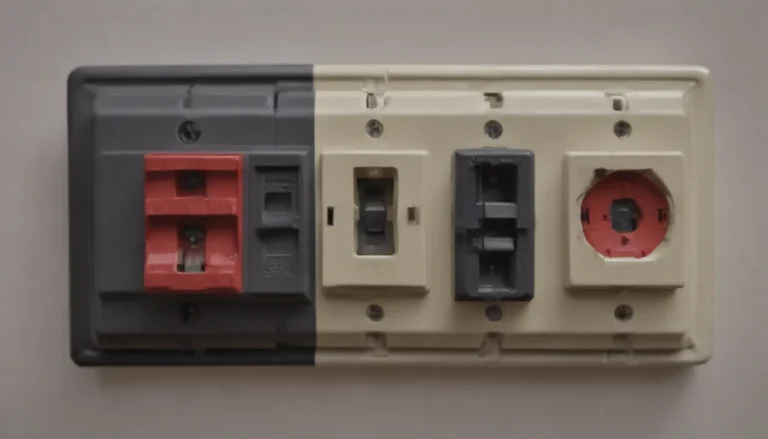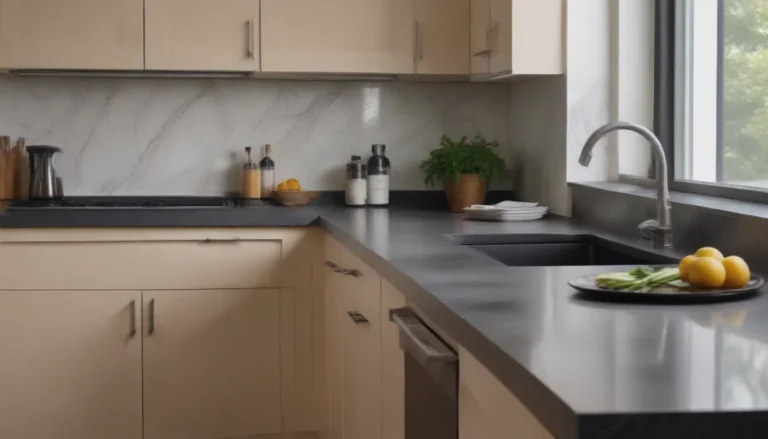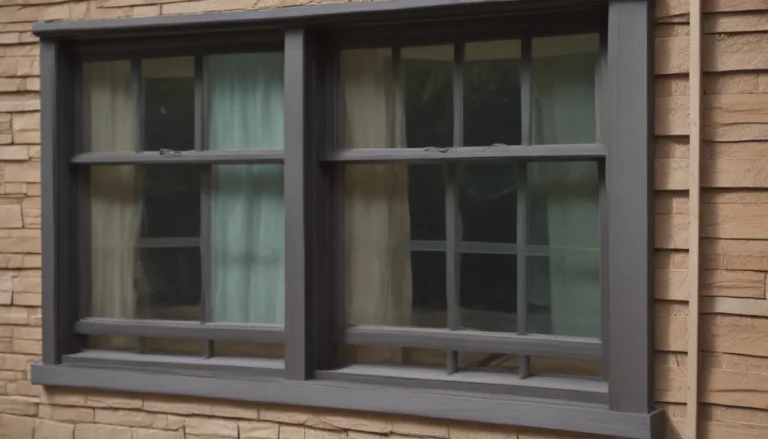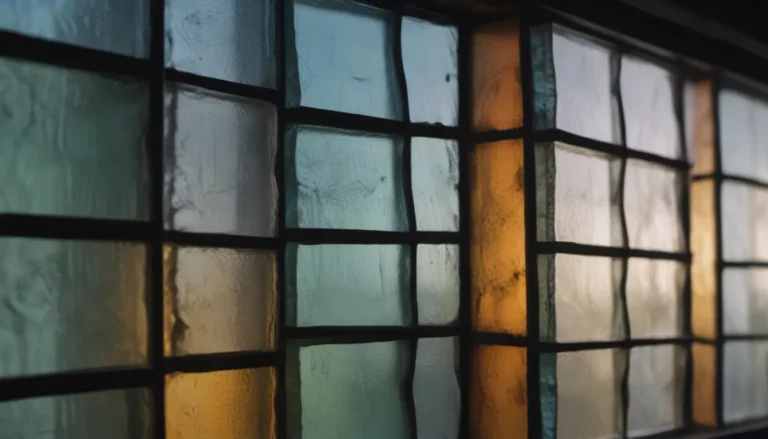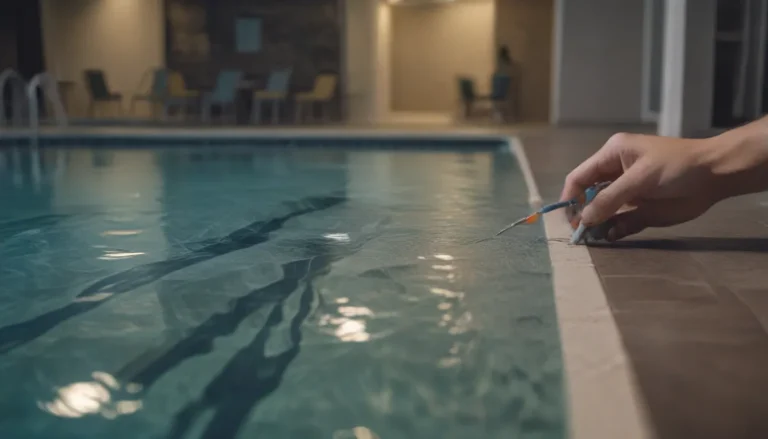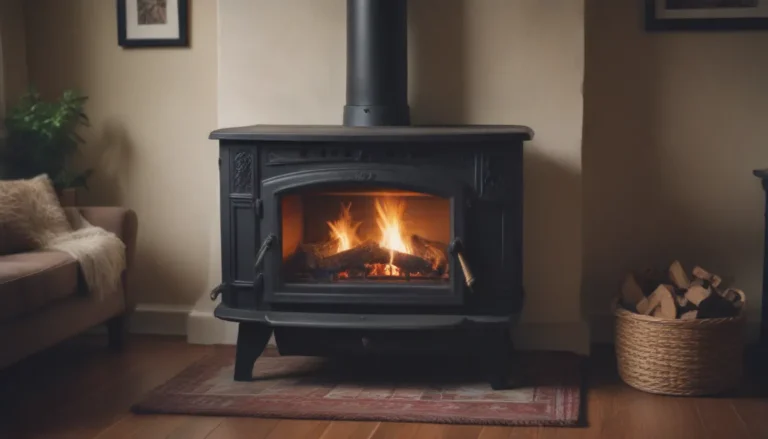The Ultimate Corian Solid Surface vs. Granite Countertop Comparison Guide
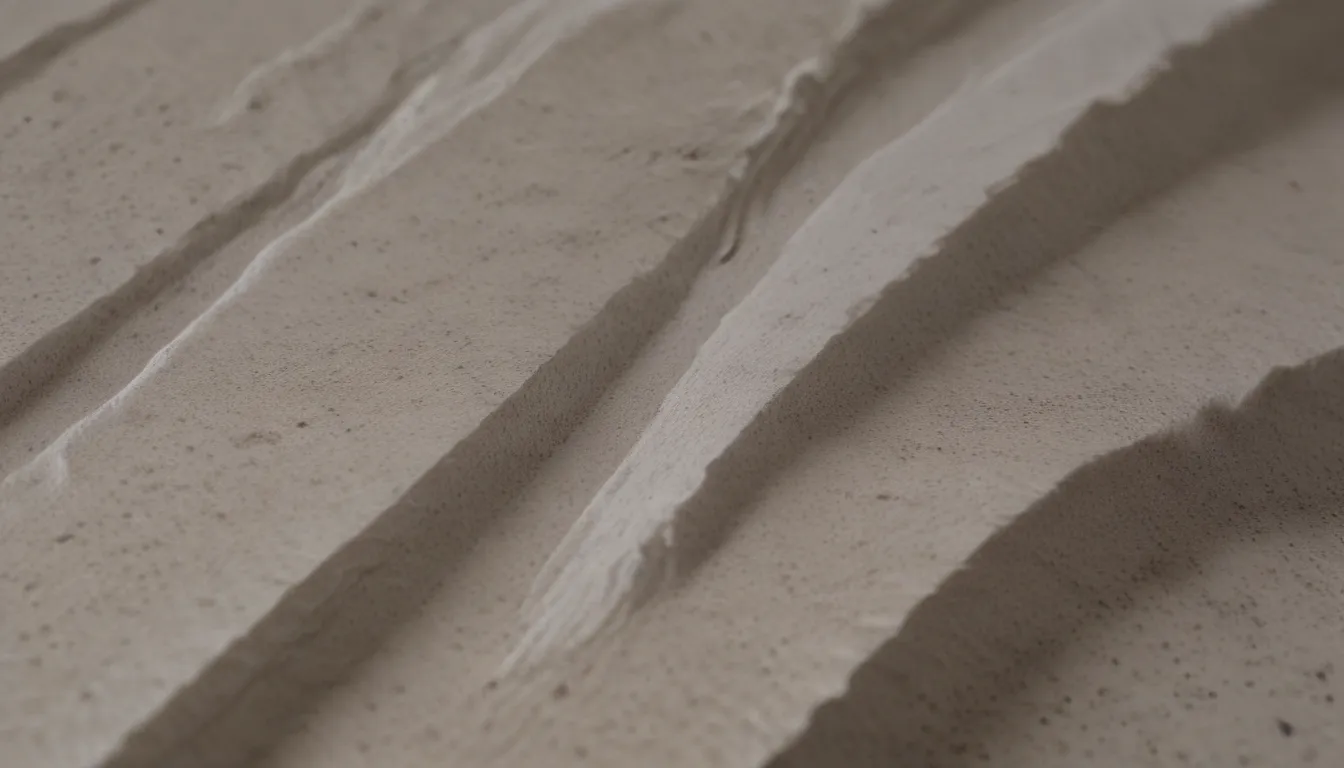
Choosing the perfect kitchen countertop is a big decision. Not only is it a significant financial investment, but it’s also something you’ll be using and looking at every single day. When it comes to countertops, it’s not just about functionality – appearance plays a key role as well.
For many homeowners, the choice often comes down to two popular options: solid surface countertops, like Dupont’s Corian brand, or natural granite countertops. Each of these materials offers unique benefits and drawbacks, making the decision a tough one. Let’s dive into the world of Corian solid surface and granite countertops to help you make an informed choice that suits your needs and preferences.
Corian Solid Surface vs. Granite
When it comes to solid surface countertops, Corian is a well-known and respected brand. It’s a synthetic material made by mixing acrylic, epoxide, and polyester resins, along with pigments and a filler derived from natural bauxite. On the other hand, granite countertops are crafted from natural igneous stone, creating a luxurious and unique look in any kitchen.
Corian Solid Surface
- Can scratch
- Cannot crack
- Easy to sand out scratches
- Economical
- Never needs sealing
Corian solid surface countertops are a popular choice due to their durability and affordability. They can be molded into various shapes, but are most commonly sold as sheets or slabs for countertop fabrication. One of the key advantages of Corian is its ability to be seamlessly joined together, creating a smooth and continuous surface.
Granite
- Difficult to scratch
- Prone to cracking
- DIY repair difficult
- More expensive
- Sealing required
On the other hand, granite countertops offer a luxurious and unique look with their natural graining patterns and diverse color options. While they may be more expensive than solid surface materials, the investment is often worth it for the elegance and durability they bring to any kitchen.
Appearance
Corian Solid Surface
Corian solid surface materials come in a wide range of styles and colors, from pale whites to deep blacks, with various tones in between. The speckled appearance of Corian is similar to some types of natural stone, but with a more subtle and uniform look. This makes it a versatile option for those who prefer a clean and cohesive aesthetic in their kitchen.
Granite Countertops
Granite countertops are known for their dramatic and unique appearance, with each slab having its own distinct color and pattern. From pale whites to dark blacks, and even bold blues and reds, granite offers a wide range of options for those looking to make a statement in their kitchen. While the busy coloring of granite may not be for everyone, its natural beauty is hard to beat.
Best for Appearance: Granite
While both Corian solid surface and granite offer attractive options, the natural beauty and uniqueness of granite countertops often win in terms of appearance.
Water and Heat Resistance
Corian Solid Surface
Corian solid surface countertops have excellent resistance to moisture, making them a great choice for kitchens. However, they can be scorched by hot pans, so it’s important to use trivets or cutting boards to protect the surface from extreme heat.
Granite
Granite countertops, while hard and durable, are porous and require sealing to prevent moisture and stains from penetrating the surface. They generally fare better against heat, allowing you to place hot pans directly on the surface without worry.
Best for Water and Heat Resistance: Tie
When it comes to water resistance, solid surface materials like Corian take the lead, while granite countertops are more heat resistant.
Care and Cleaning
Both solid surface and granite countertops are nonporous and hygienic surfaces that are easy to clean and maintain.
Corian Solid Surface
Corian countertops can be cleaned with soapy water or an ammonia-based detergent solution. Avoid using glass cleaners, as they can leave a waxy residue. Regular cleaning and drying are recommended to prevent water spots. No sealers are needed for Corian countertops.
Granite
Cleaning a granite countertop is best done with a simple soapy water solution. Avoid acidic cleaners that can etch the surface over time. Stains can be removed with a baking soda paste, but regular sealing is recommended to maintain the surface’s integrity.
Best for Care and Cleaning: Solid Surface Material
Corian solid surface countertops are generally easier to clean and maintain compared to granite, making them a practical choice for busy kitchens.
Durability and Maintenance
Corian Solid Surface
Corian solid surface material is susceptible to scratching, but minor blemishes can be easily buffed out with an abrasive pad. While it’s softer than granite and less prone to cracking, it may stain over time. However, stains are usually easy to scrub out.
Granite
Granite is difficult to scratch, but it can crack under pressure. It’s also susceptible to etching from acidic materials, so care should be taken to avoid damaging the surface. Regular sealing is recommended to minimize the risk of staining.
Best for Durability and Maintenance: Solid Surface Material
Both Corian solid surface and granite are durable materials, but solid surface material gets the edge for its resistance to acidic materials and lack of need for regular sealing.
Installation
Both solid surface and granite countertops are generally professionally fabricated and installed, but there are differences in the installation process.
Corian Solid Surface
Corian is a forgiving material that can be easily cut with ordinary woodworking tools. While it can be DIY-installed, finding a source for purchasing the material may be challenging. It’s usually available through specialty building supply outlets catering to professionals.
Granite
Granite countertops are heavy and difficult to cut, requiring the expertise of a professional fabricator for installation. While seaming can be hidden, the joints between slabs may be evident.
Best for Installation: Solid Surface Material
Solid surface countertops like Corian are easier to work with compared to granite, making them a more accessible option for DIY enthusiasts.
Cost
Corian Solid Surface
Solid surface countertops cost around $60 per square foot on average, with higher prices for complicated fabrication or special colors. The material itself ranges from $35 per square foot and up, plus additional costs for epoxy glue and seams.
Granite
Granite countertops are typically sold as part of a package including materials and labor. Costs range from $70 to $100 per square foot on the low end, with unique colors and styles reaching up to $200 per square foot.
Best for Cost: Solid Surface Material
For those on a budget, solid surface countertops offer a more affordable option compared to the higher price tag of granite.
Lifespan
Corian Solid Surface
Corian solid surface materials are generally warranted for 10 years, but can last up to 30 years with proper care. Scratches, burns, or style changes may prompt a replacement.
Granite
Granite countertops are known for their durability and can last up to 50 years with proper maintenance and care.
Best for Lifespan: Granite
Granite countertops have a longer lifespan compared to solid surface materials, making them a sound investment for long-term use.
Resale Value
Corian Solid Surface
While solid surface materials like Corian were once considered premium countertops, their reputation has shifted with the emergence of engineered stone options. They are still preferred over laminates and ceramic tile.
Granite
Granite slab countertops are viewed as a good investment, adding value to your home. However, granite tile or modular options may not hold the same prestige as solid slabs.
How to Choose: Corian vs. Granite Countertops
When it comes down to choosing between Corian solid surface and granite countertops, consider your needs and preferences.
Why You Might Want Corian
- Lower cost
- No maintenance
- Easy to clean
- Suitable for a variety of kitchen styles
Why You Might Want Granite
- Luxurious look
- Unique appearance
- Durable and scratch-resistant
- Long lifespan
While both Corian and granite have their own set of advantages and drawbacks, the choice ultimately comes down to your personal preferences and budget. Whether you prefer the uniform appearance of Corian or the natural beauty of granite, both options offer quality and durability for your kitchen countertops.
